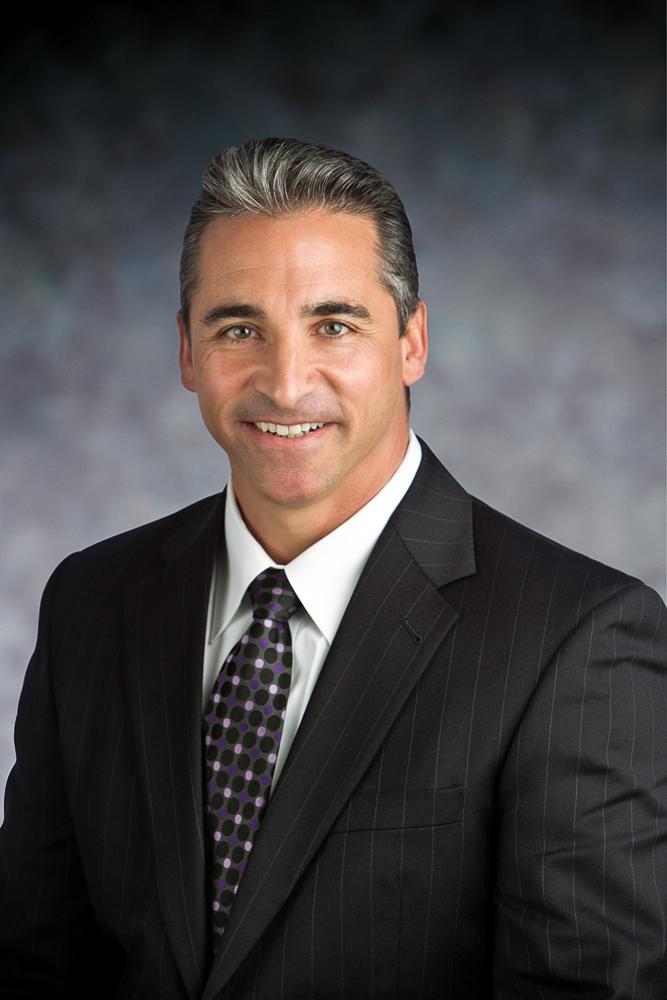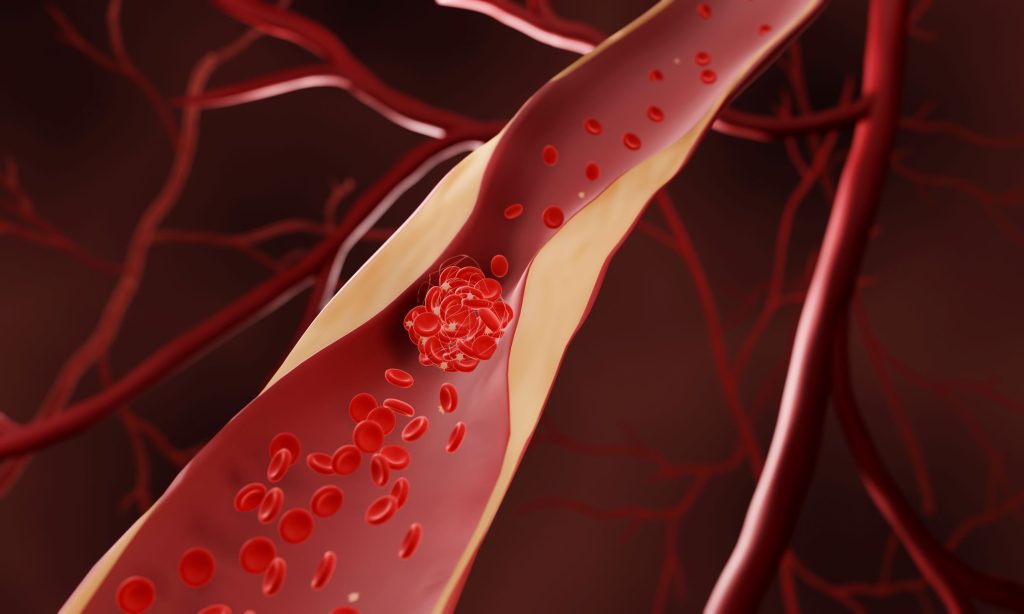Keeping your cholesterol levels in check is important for your heart and your overall health. If that’s a challenge, don’t give up. Cardiologist Scott Carollo, MD, discusses this important health topic and ways to stay on track.

What is cholesterol?
Cholesterol is a fatty substance in your blood and cells that is essential for the body’s normal functioning. High cholesterol means you have too much of it in your bloodstream. This can be caused by poor diet, lack of exercise, genetic factors or a combination of these. High cholesterol has been associated with increased risk of complications like heart attacks and strokes. Controlling cholesterol lowers your risk of those.

How does someone find out about their cholesterol levels?
The American Heart Association (AHA) recommends all adults age 20 or older should have their cholesterol (and other traditional risk factors) checked every four to six years through a blood test. If certain factors put you at high risk, or if you already have heart disease, your doctor may ask you to check it more often. Work with your doctor to determine your risk for cardiovascular disease and stroke and create a plan to reduce your risk.
What is the difference between good and bad cholesterol?
There are two kinds of cholesterol, HDL (“good”) and LDL (“bad”), and testing provides a measurement of how much of both is circulating in your blood. According to the AHA, you want your HDL number to be high (ideally above 70), as it protects against heart attack and stroke. LDL is one factor among many to consider when evaluating cardiovascular risk. Your LDL should be below 100 and your total cholesterol should be below 200.
Genetic factors, type 2 diabetes, smoking, being overweight and not exercising can all lower HDL cholesterol. Also, women tend to have higher levels of HDL cholesterol than men do, but this can change after menopause.
What are the main things I can do to control/lower my cholesterol?
• Limit saturated and trans fats
• Eat more foods high in soluble fiber, such as beans, barley, oats, fruits and vegetables
• Add foods rich in omega-3 fatty acids to your diet, such as salmon, herring, mackerel, walnuts, ground
flaxseeds and almonds
• Exercise at least 30 minutes a day, starting slowly and working up gradually
• Lose weight
• Drink alcohol in moderation
• Quit smoking
What should I know about medications?
There are multiple medications that can be used to lower your cholesterol. The choice is typically based on your individual risk factors and goal cholesterol levels. There is really no one-size-fits-all approach. Medications may be needed when lifestyle modifications alone are not enough or if your risk is high enough to warrant starting medications immediately. I recommend talking to your physician about your risk factors and goal cholesterol levels.
What other heart health numbers should I know?
Blood pressure, heart rate, cholesterol, blood sugar and tobacco use can largely impact heart health. These are all interrelated and can affect each other, so it is important to consider the complete picture. There are other things that can be checked if symptoms prompt further evaluation, such as the structure and function of the heart.
To find a doctor and schedule an appointment online, visit stmaryphysicianassociates.com.

For language assistance, disability accommodations and the nondiscrimination notice, visit our website.






